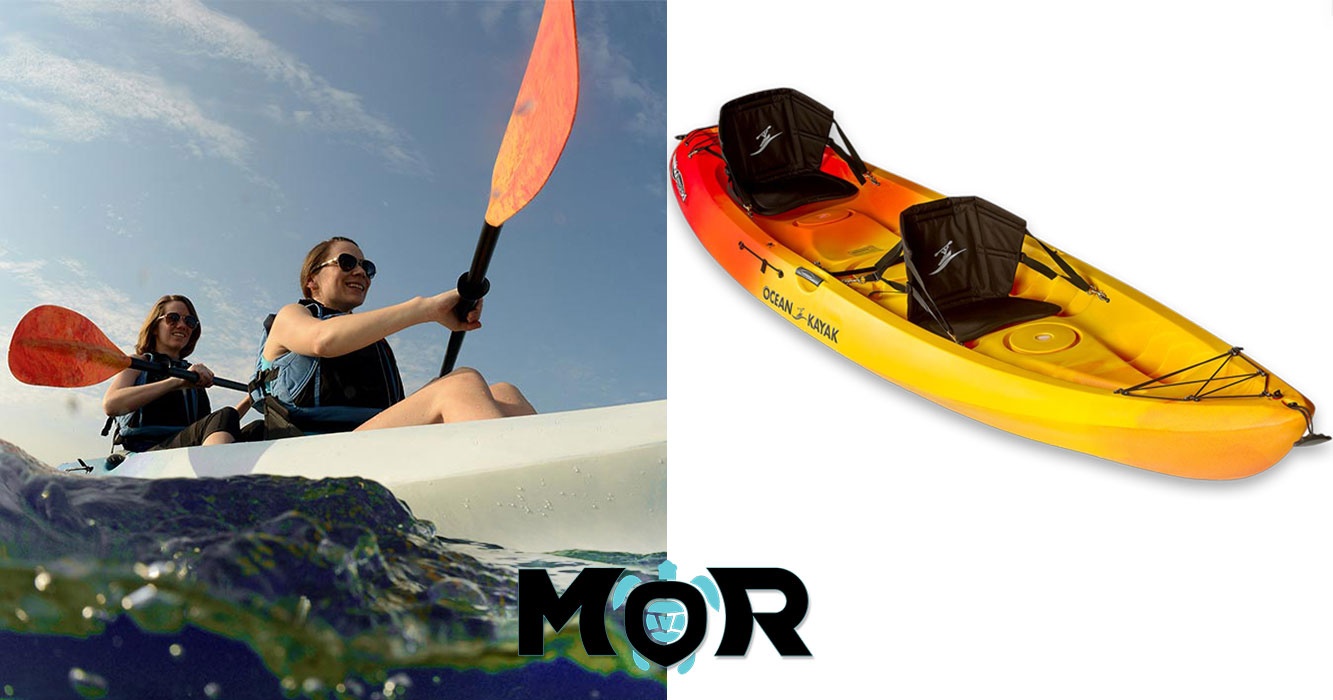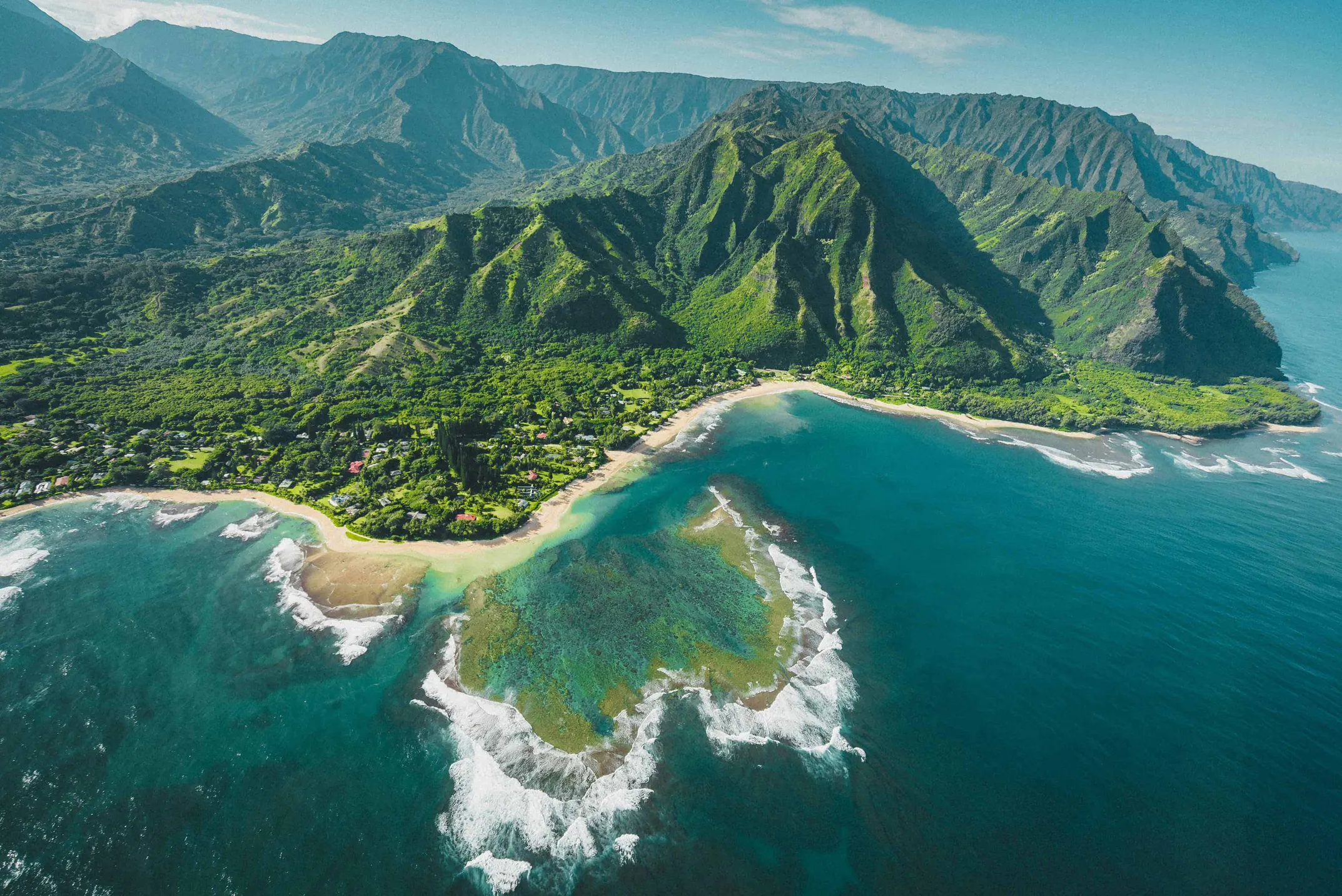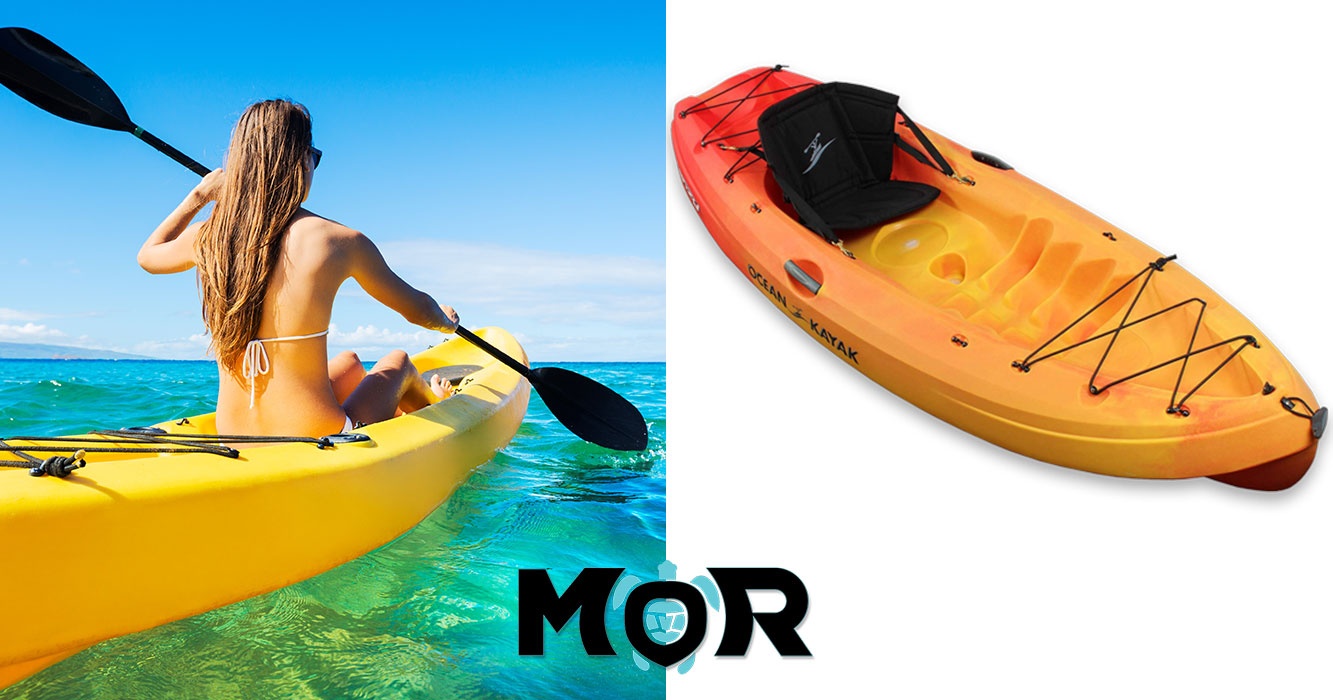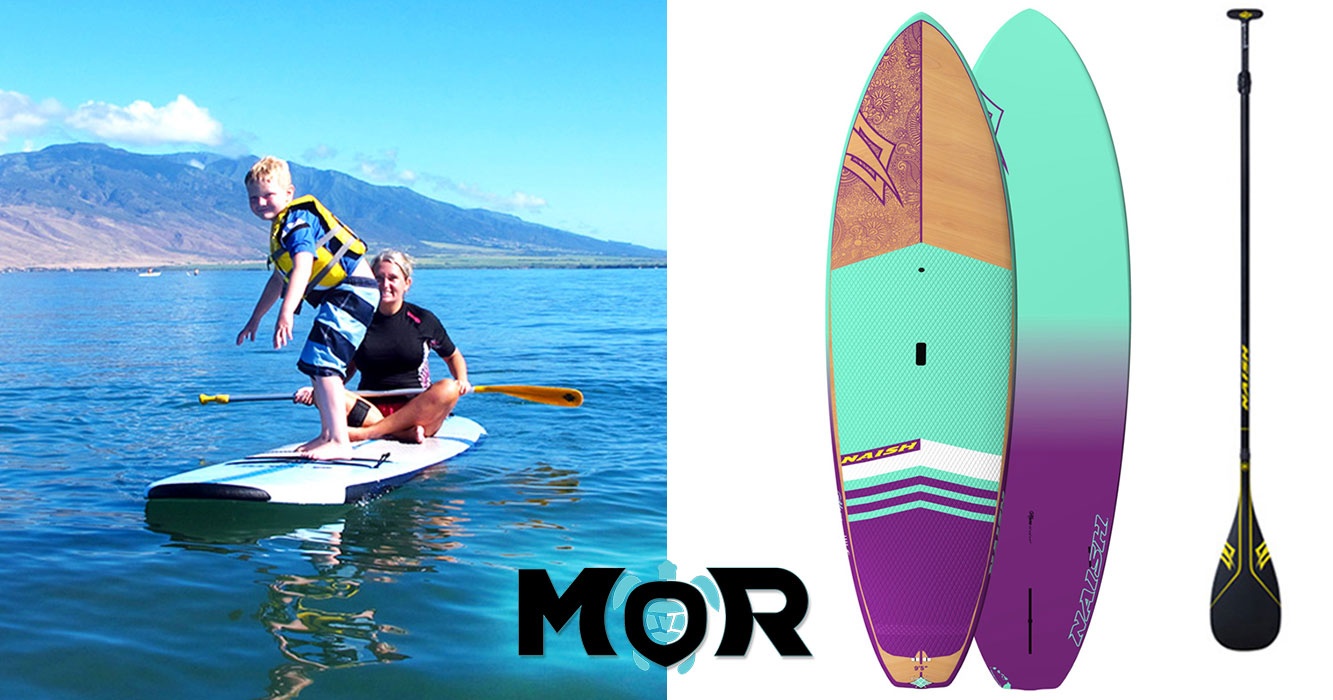

Nā Holoholona o ke Kai
Encountering Wildlife with Aloha
Safe distances and respectful behavior for marine wildlife encounters

Written by a Local Cultural Guide
Leilani AkoHawaiʻi is sanctuary for many unique and endangered species. We're even called the "endangered species capital of the world." This makes respectful wildlife viewing not just courtesy but critical conservation.
The chance to observe these creatures in their natural habitat is profound privilege. It comes with kuleana to ensure their protection and well-being. Guidelines for wildlife viewing reflect their vulnerability and potential for human presence to cause harm.
The Golden Rule: Observe, Don't Disturb
The National Oceanic and Atmospheric Administration (NOAA) provides clear guidelines for viewing marine wildlife. These protect both animals and viewers. They're often backed by federal and state laws like the Endangered Species Act and Marine Mammal Protection Act.
🐢 Hawaiian Green Sea Turtles (Honu)
Distance: At least 10 feet on land and in water
Behavior: Never touch, chase, or block their path
Why: Touching can stress them and transfer harmful bacteria
Status: Protected under Endangered Species Act
🦭 Hawaiian Monk Seals
Distance: At least 50 feet (150 feet with pups)
Rule of Thumb: If your thumb covers the seal, you're far enough
Critical: Critically endangered, fewer than 1,600 remain
Behavior: Stay behind signs and barriers
🐬 Dolphins (Naiʻa) & Small Whales
Distance: At least 50 yards from boat or shore
Swimming: Federal law prohibits swimming with dolphins
Rest Time: Spinners rest in shallow bays during day
Impact: Disturbance harms health and survival
🐋 Humpback Whales (Kohola)
Distance: At least 100 yards (all methods)
Season: December through May in Hawaiian waters
Applies to: Boats, kayaks, swimmers, drones
Violations: Federal law with serious penalties
⚠️ Federal Law Protection
These guidelines aren't suggestions—they're federal law. Violations can result in fines up to $100,000 and/or one year in prison. More importantly, following these rules protects vulnerable species from extinction.
Never Touch, Feed, Chase, or Harass Wildlife
These actions are illegal and can significantly harm animals:
Feeding disrupts natural behavior: Makes animals dependent on humans and may provide unhealthy food
Touching transfers diseases: Can harm animals and humans, causing stress and illness
Chasing causes stress: Forces animals to waste energy and abandon feeding or resting
Harassment affects survival: Chronic stress weakens immune systems and reproductive success
Be Aware of Your Surroundings
Responsible wildlife viewing requires constant awareness and quick adaptation:
Best Practices for Wildlife Encounters:
- • Don't encircle animals between people, vessels, and shoreline
- • Limit viewing time to a few minutes to minimize disturbance
- • Watch for behavior changes indicating stress or agitation
- • Move away quietly if animals show signs of distress
- • Never pursue animals that are trying to avoid human contact
- • Use binoculars or zoom lenses for closer observation
Reporting Injured or Distressed Wildlife
If you encounter sick, injured, stranded, entangled, or deceased marine wildlife, don't attempt direct help. Your safety and the animal's welfare depend on professional response.
🚨 Emergency Wildlife Hotline
NOAA Marine Wildlife Hotline:
(888) 256-9840
For sick, injured, stranded, entangled, or deceased marine animals
📞 Report Harassment
For harassment or illegal activities:
(800) 853-1964
(808) 643-DLNR (3567)
Continue Your Pono Journey
Learn how to support local communities and practice driving with aloha.
Community Support →🧭 Pono Travel Guide
- Introduction
Core concepts & principles
- Cultural Respect
Sacred sites & traditions
- Environmental Care
Protect land & ocean
- Wildlife Guidelines
Safe viewing distances
- Community Support
Local businesses & respect
- Giving Back
Voluntourism opportunities
- Resources
Practical information
📏 Safe Distances
With pups/calves: increase distance to 150 feet
🚨 Emergency Contacts
Marine Wildlife Emergency
(888) 256-9840
Report Harassment
(800) 853-1964
DLNR
(808) 643-3567
🛡️ Federal Protection
All marine mammals in Hawaiian waters are protected by federal law. Violations can result in fines up to $100,000.
• Endangered Species Act
• Marine Mammal Protection Act
• Observe, don't disturb

